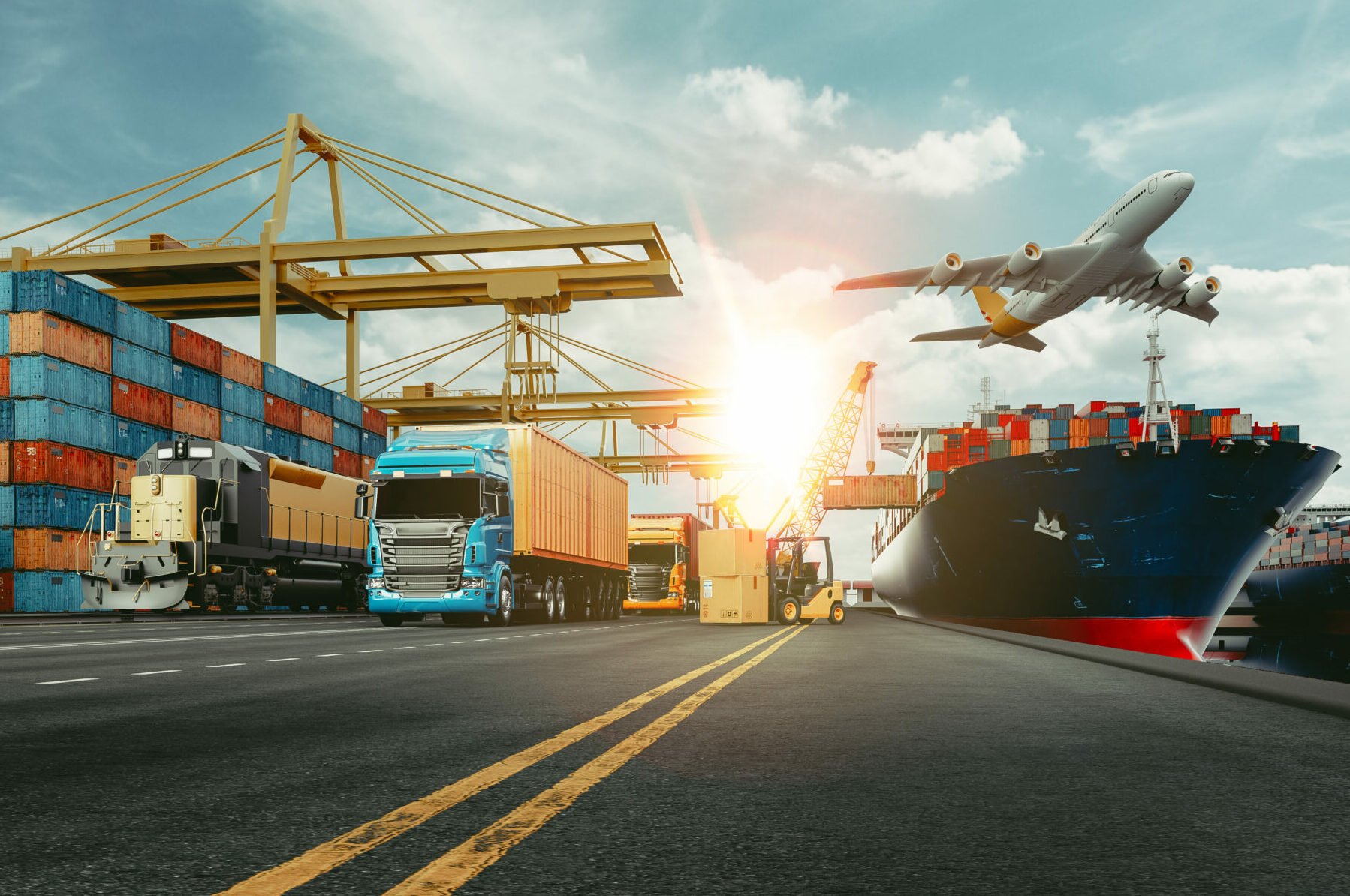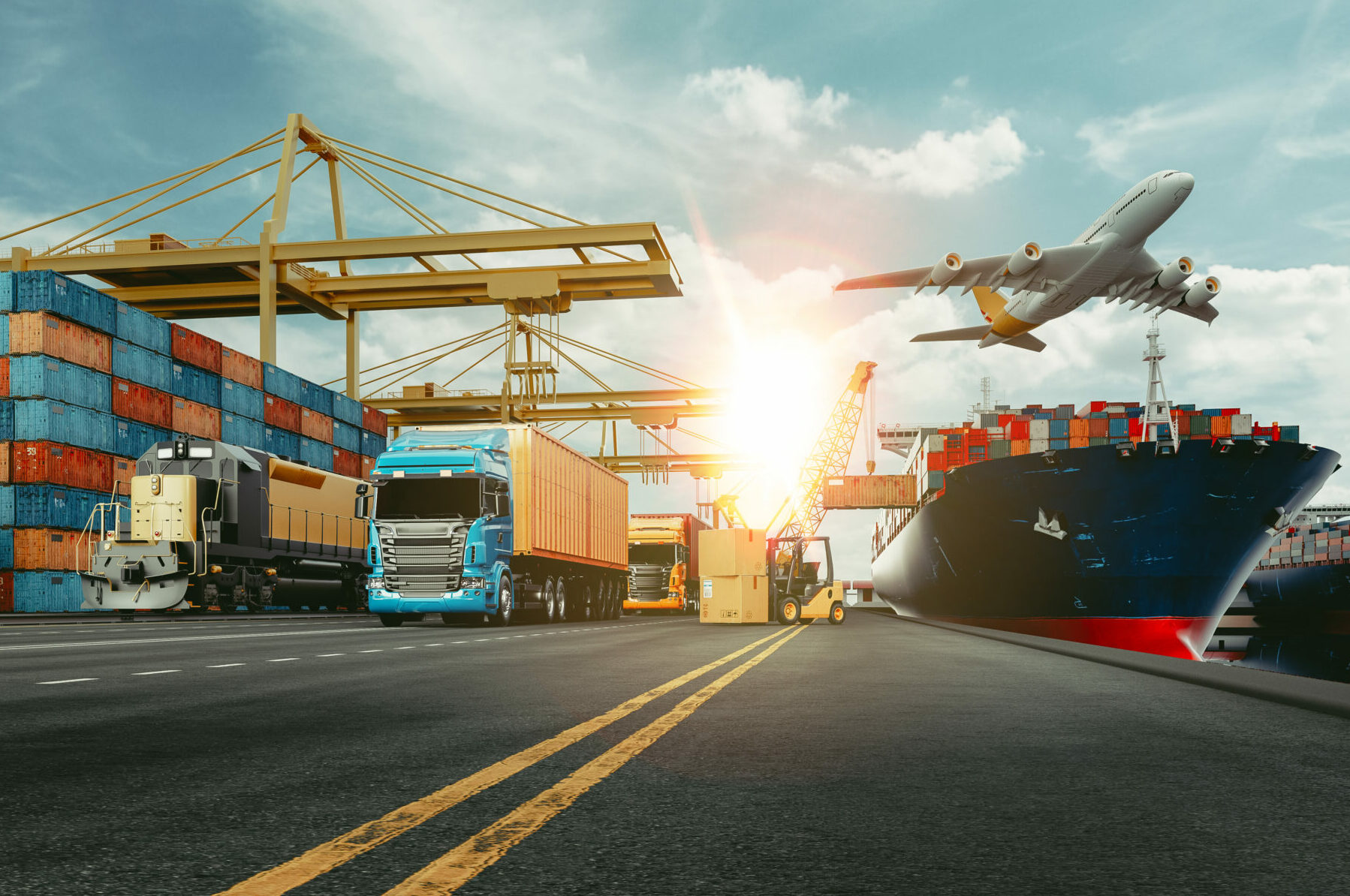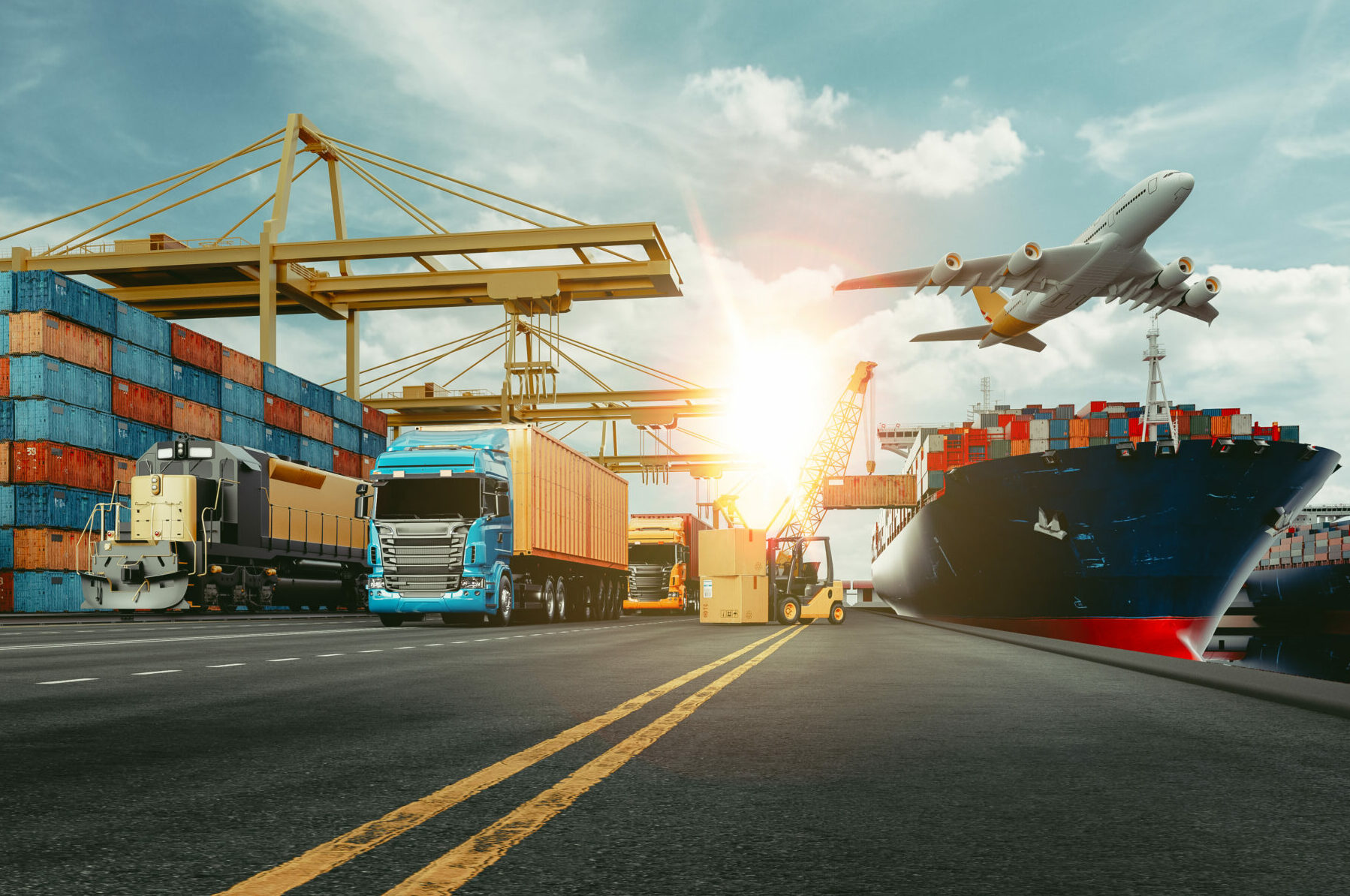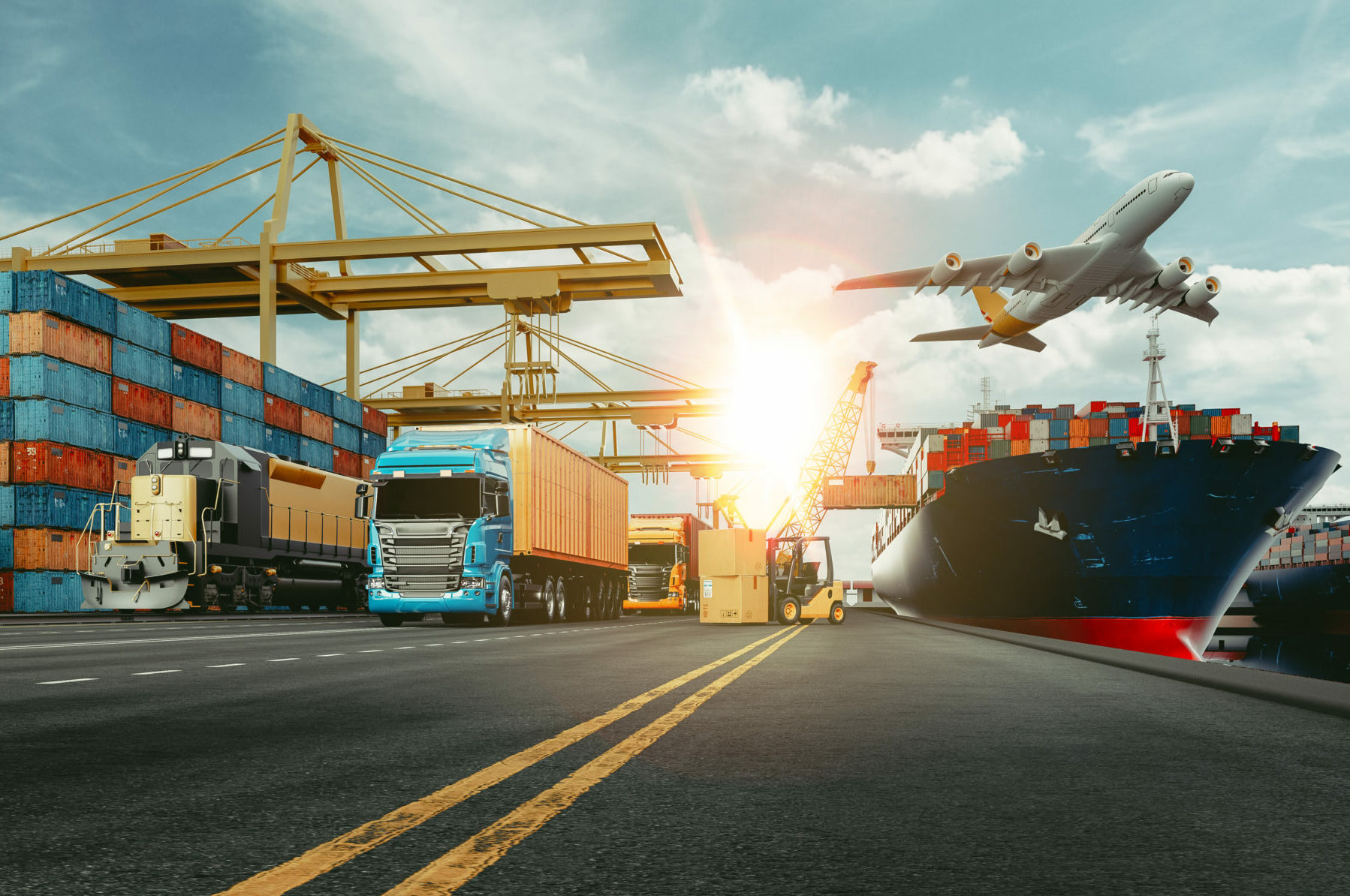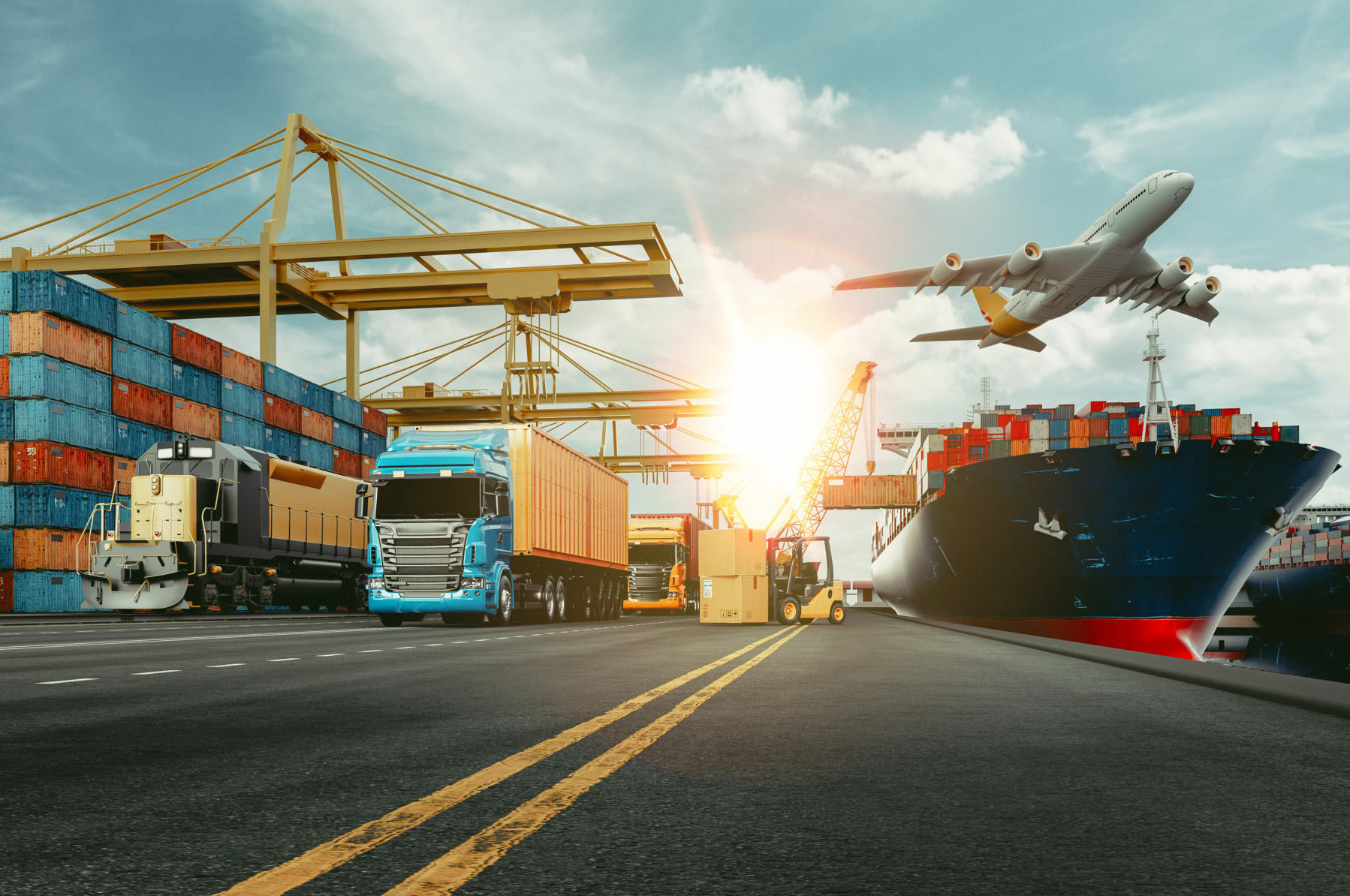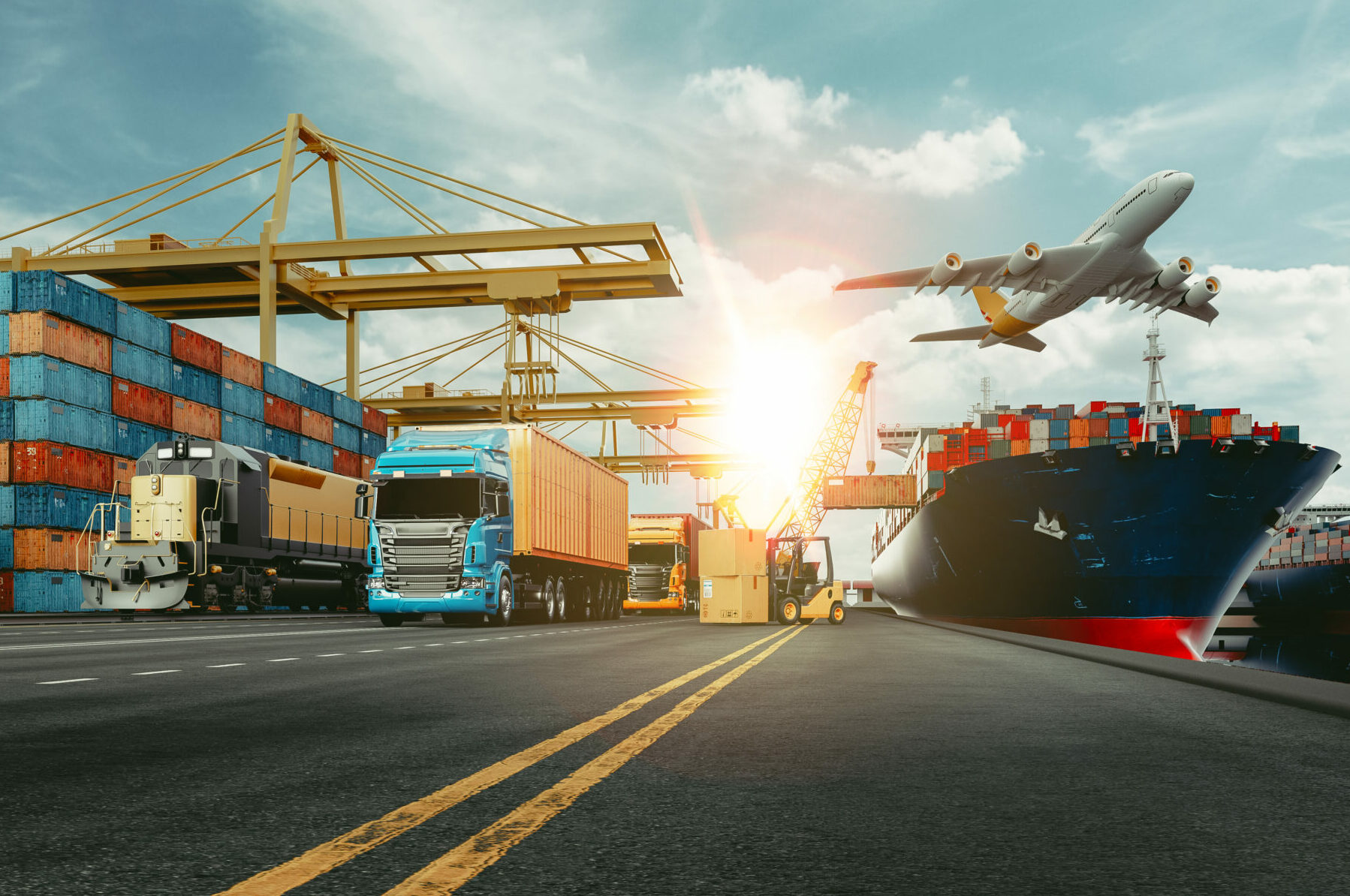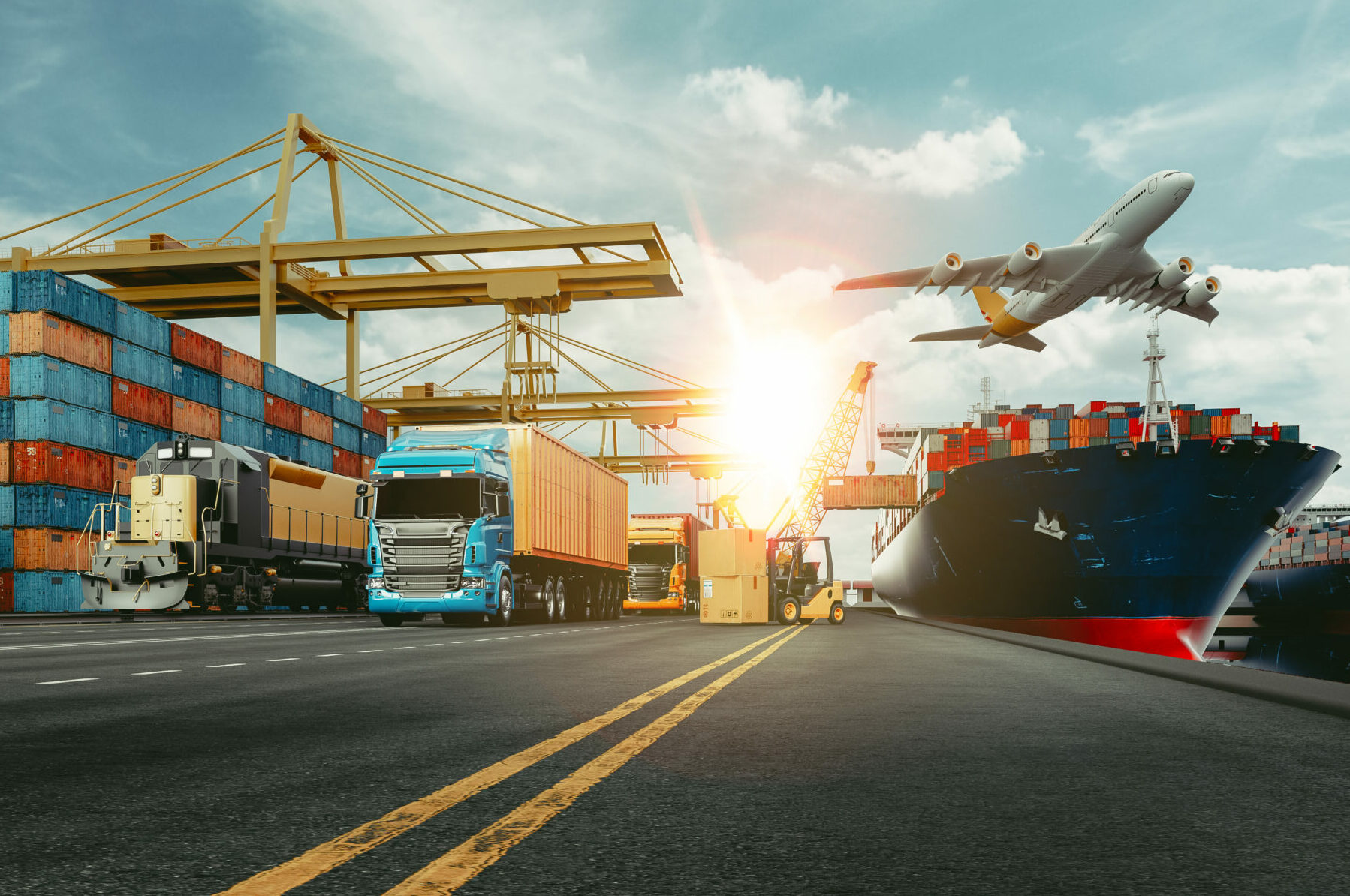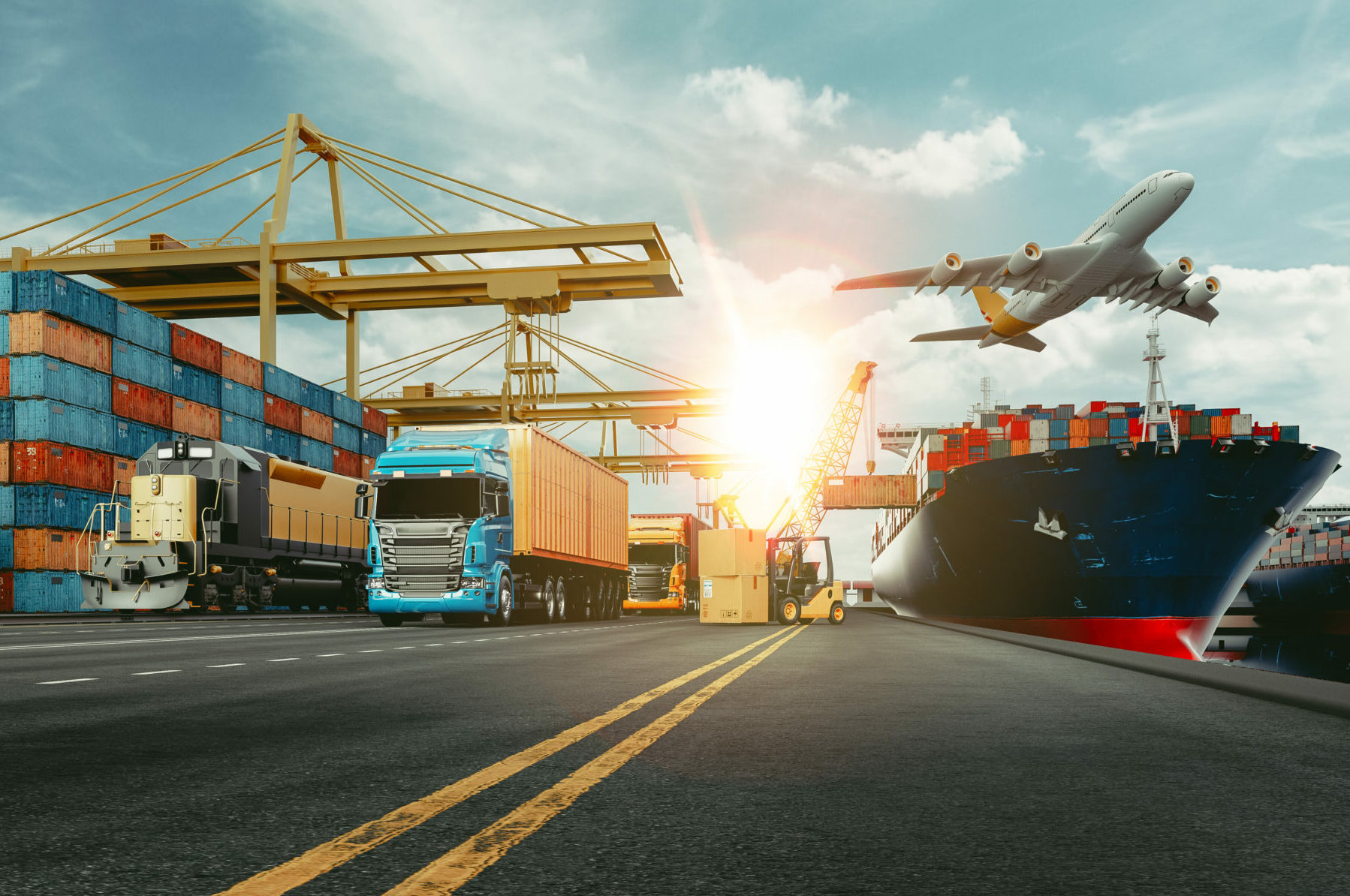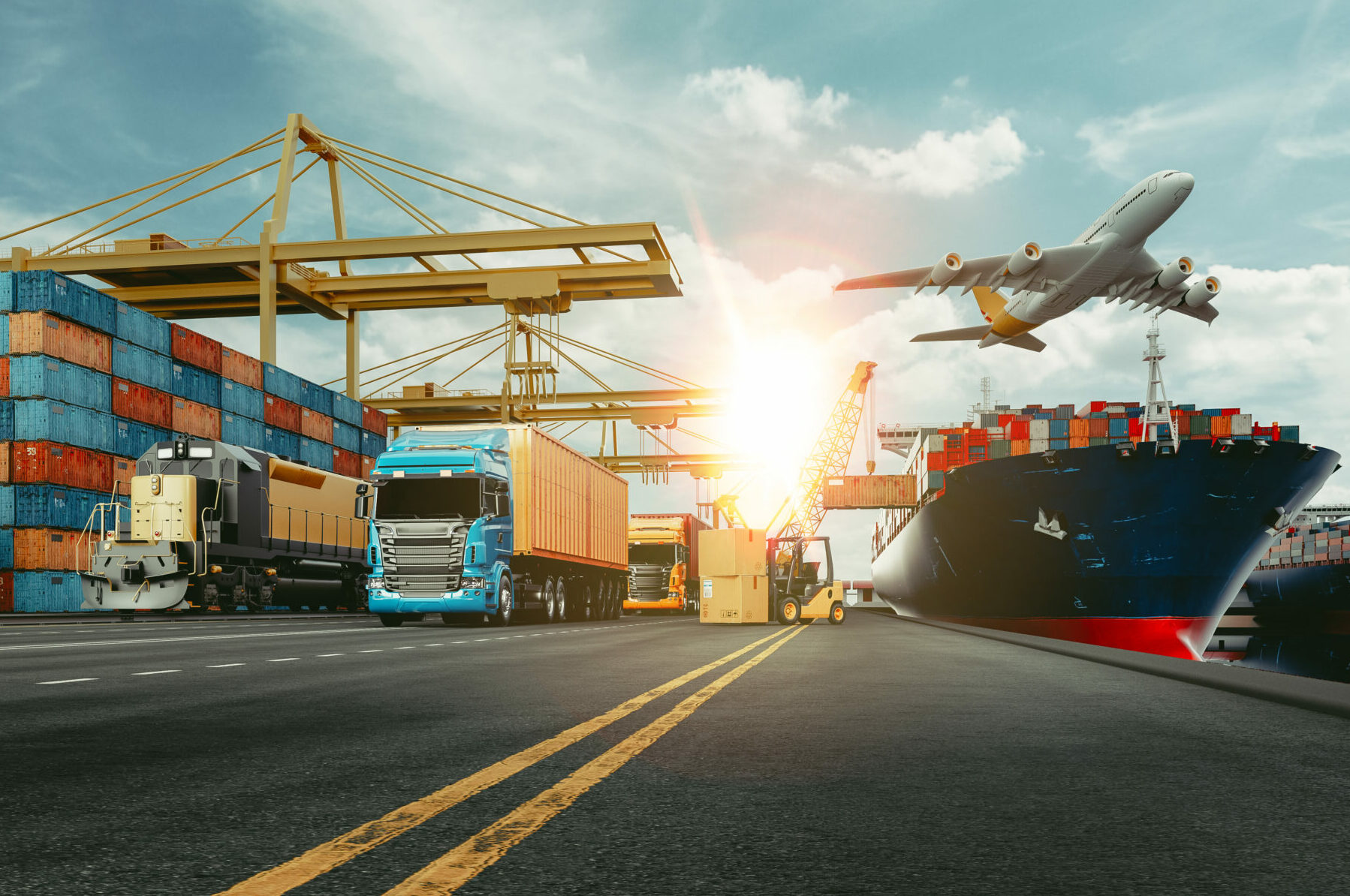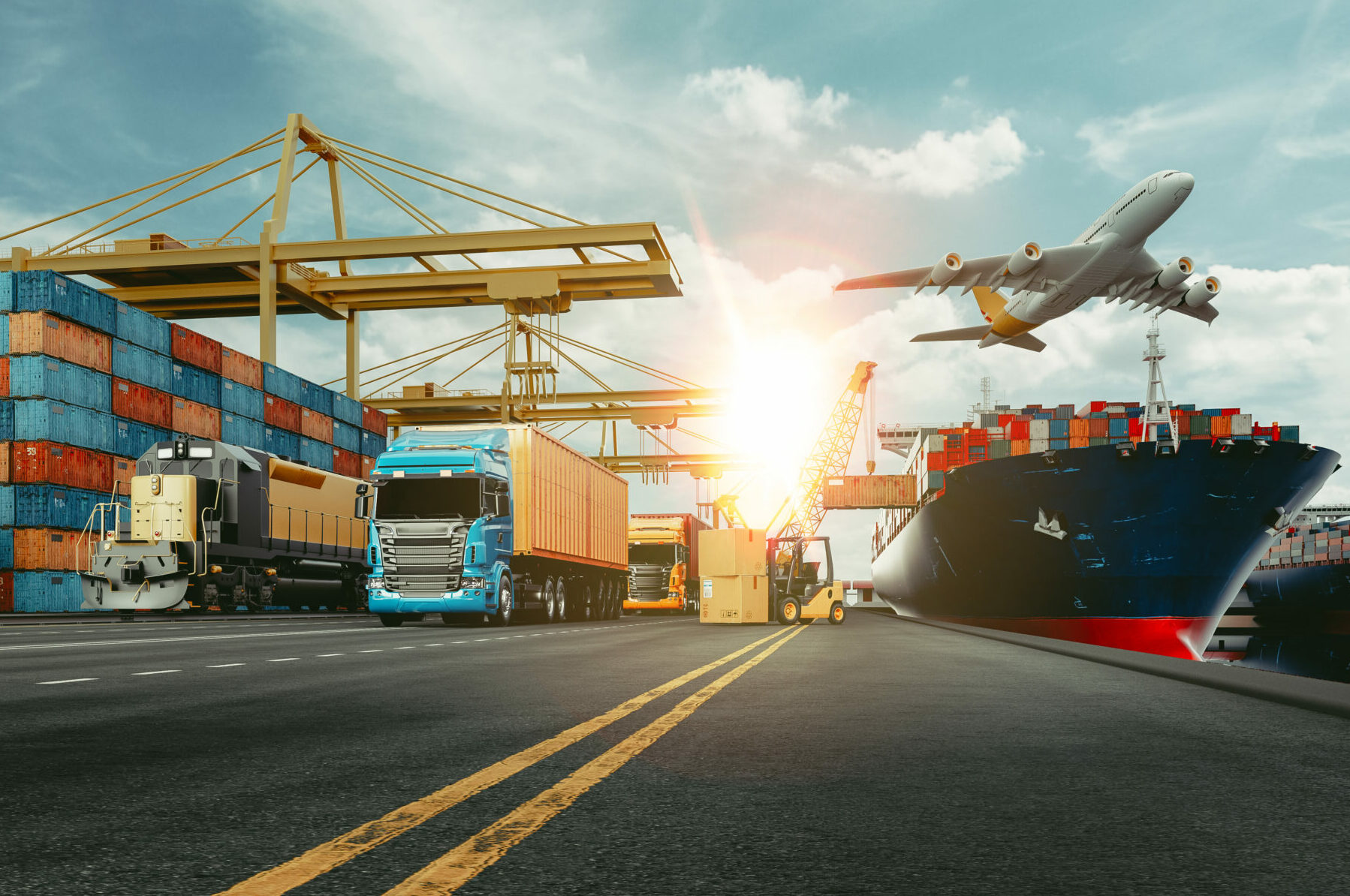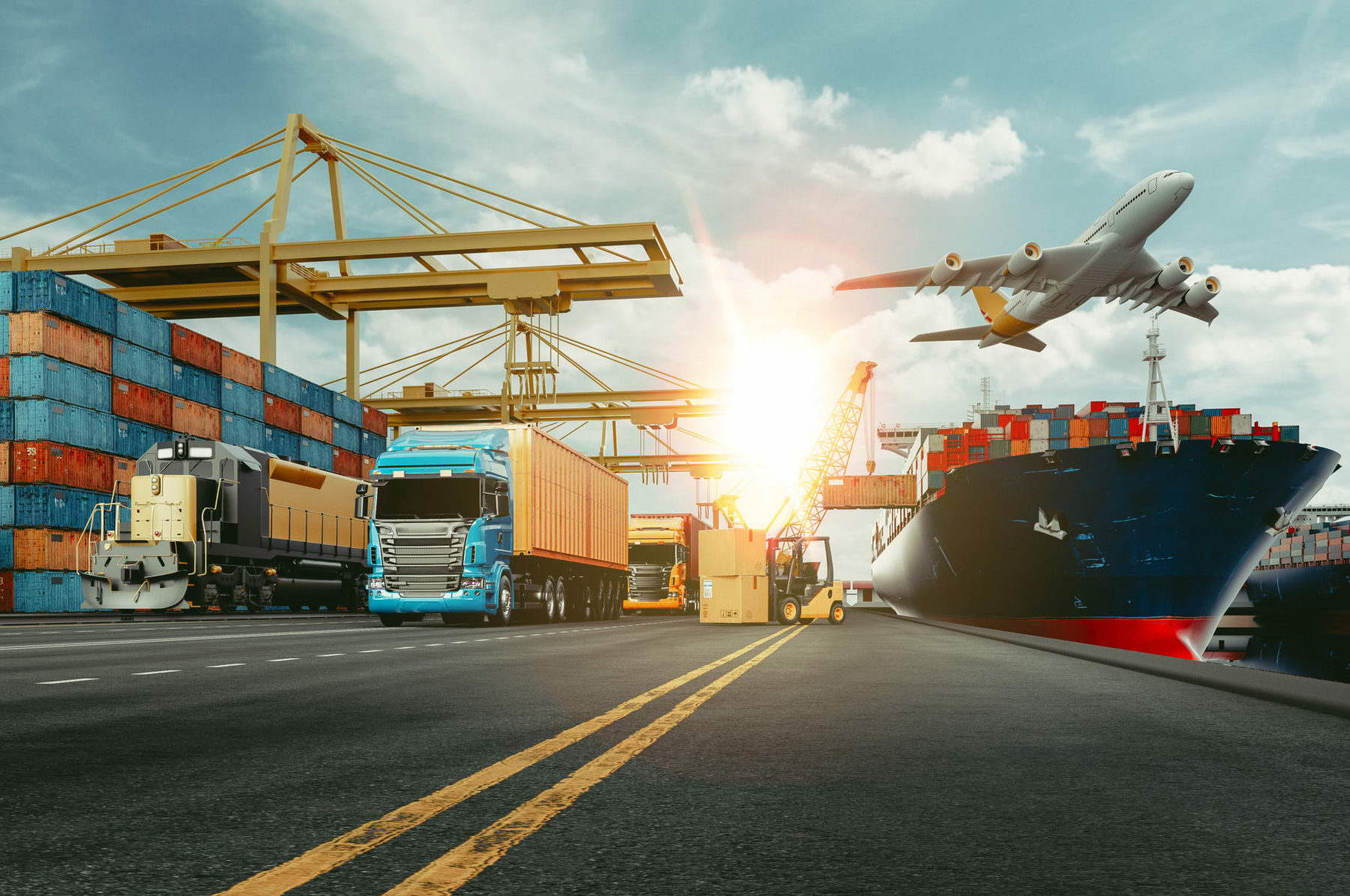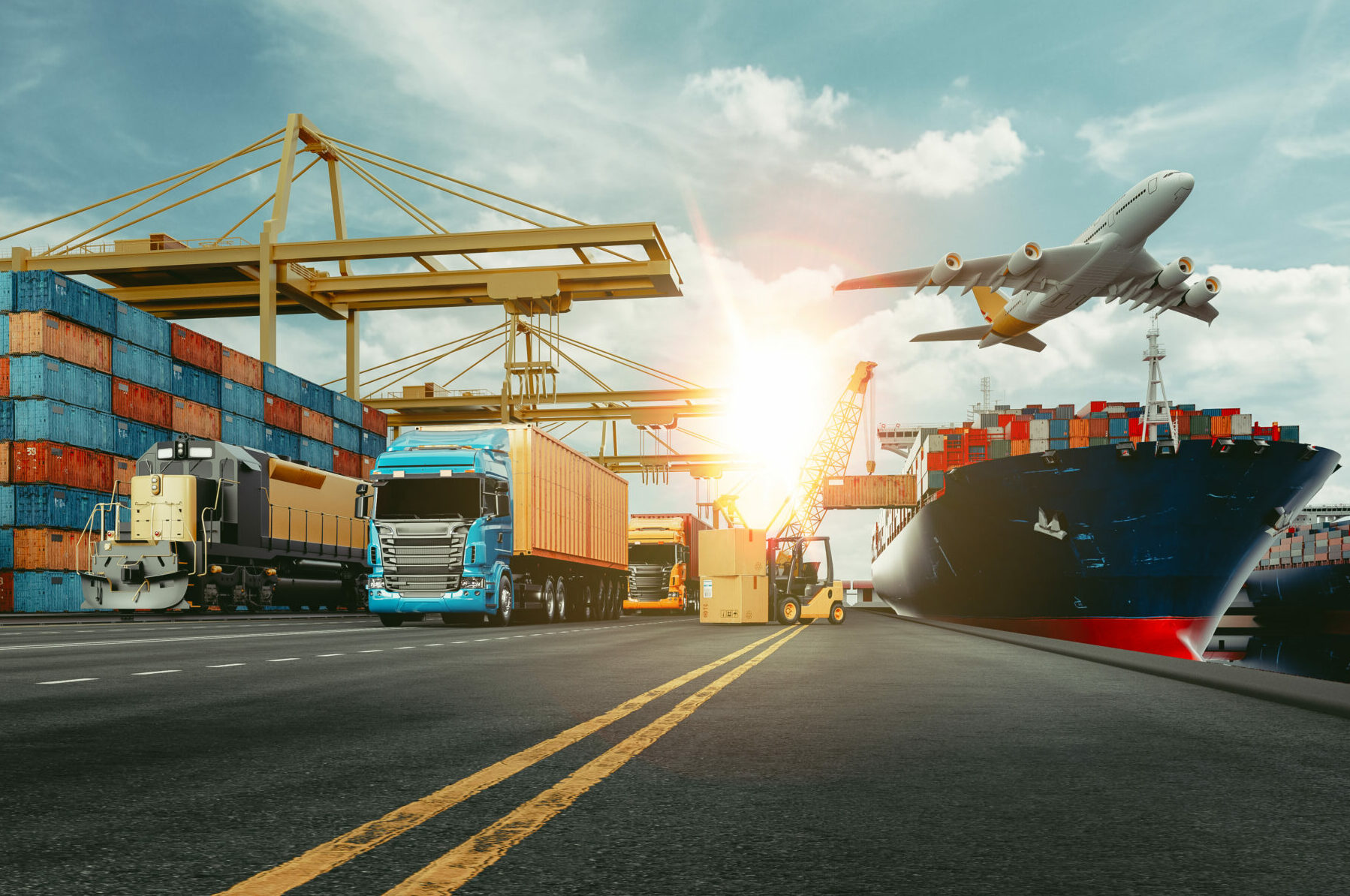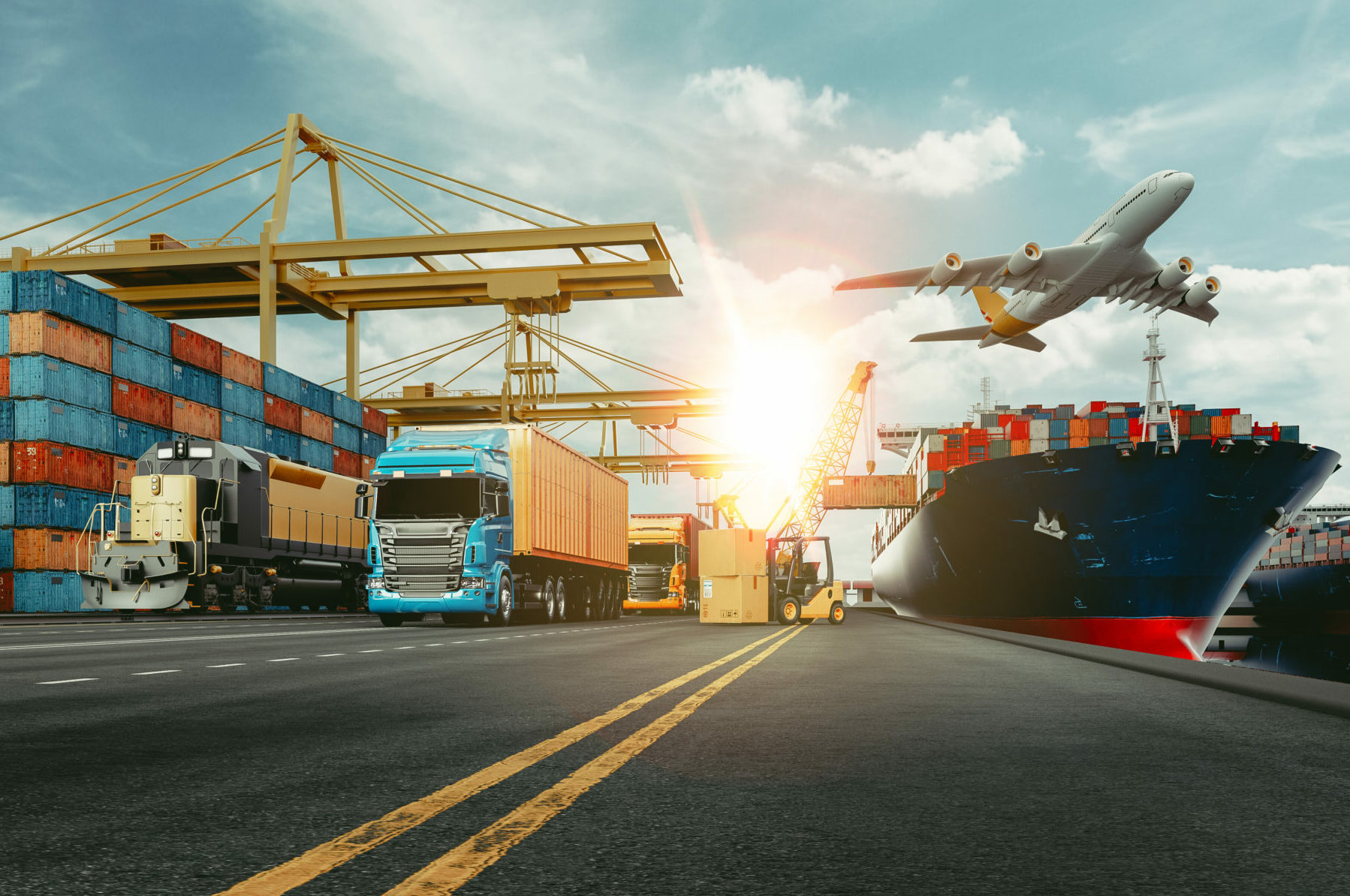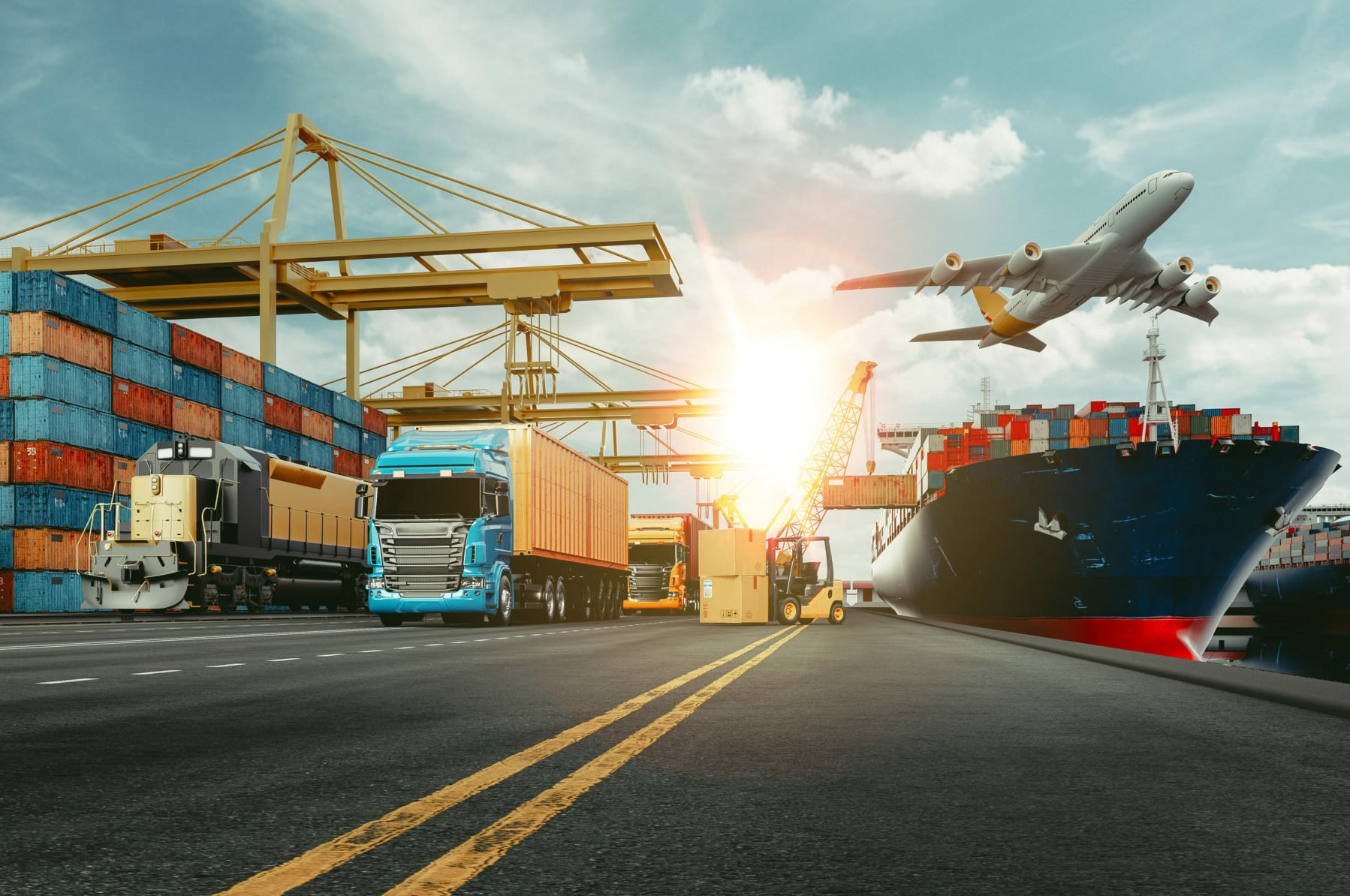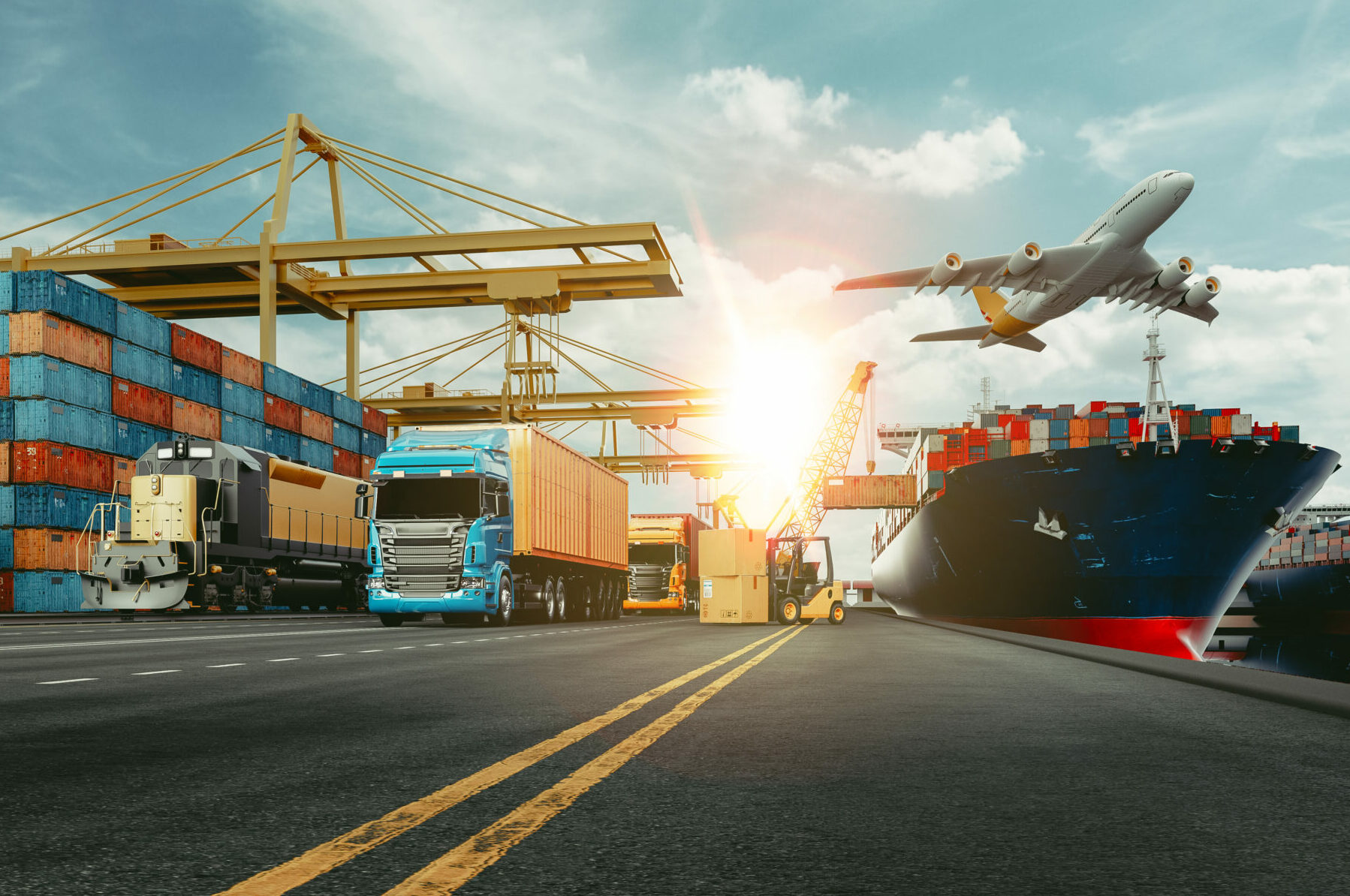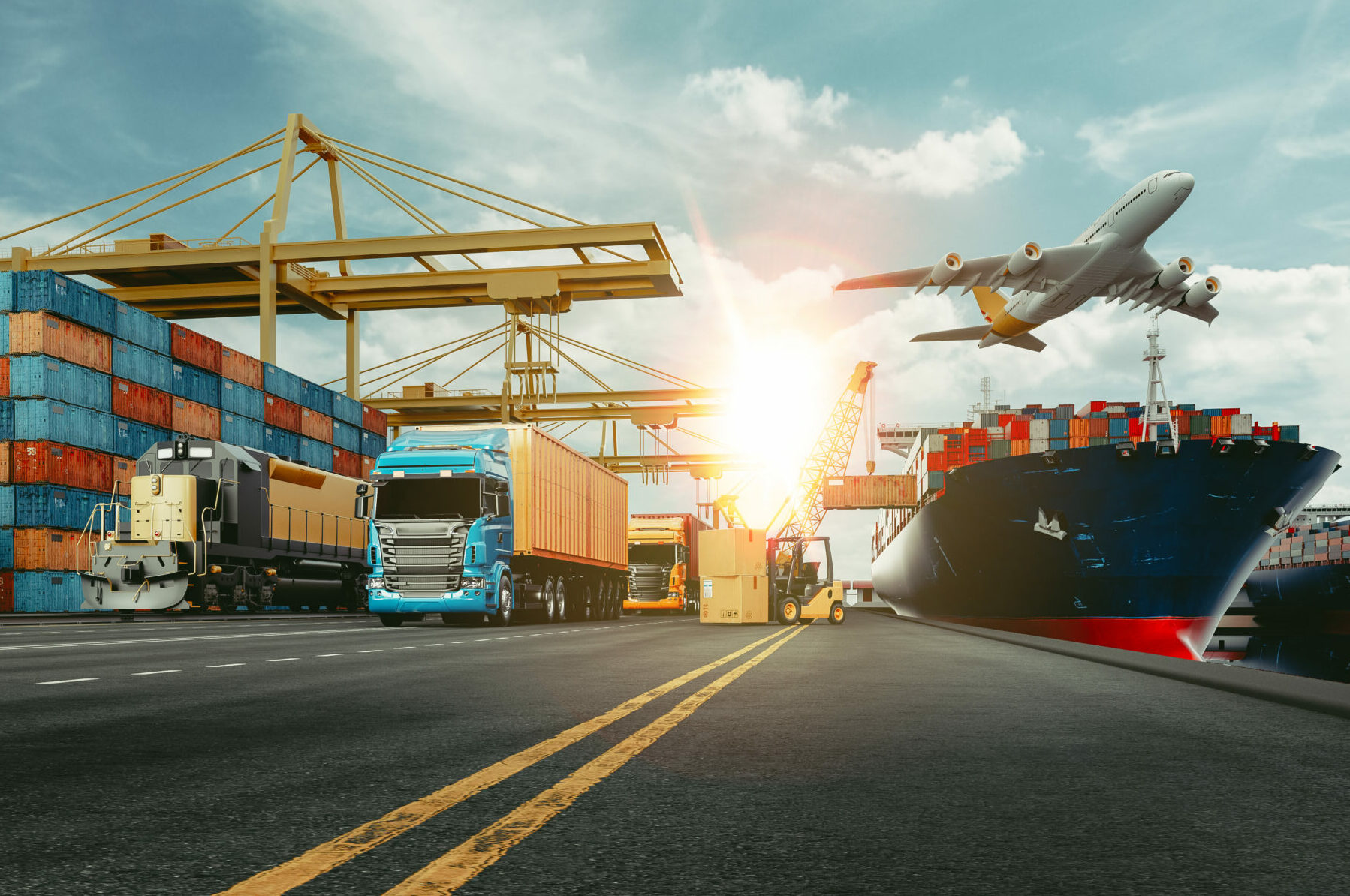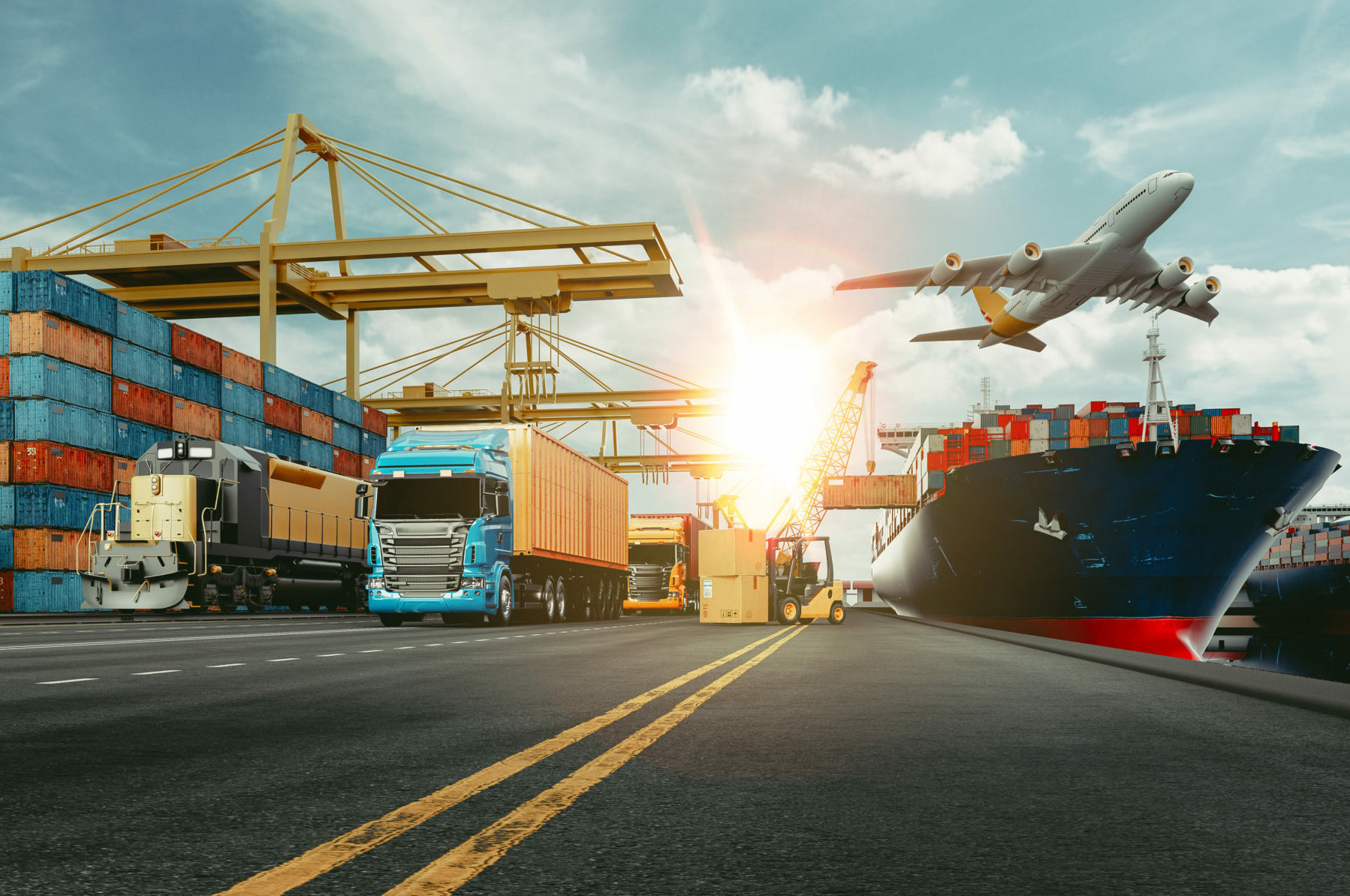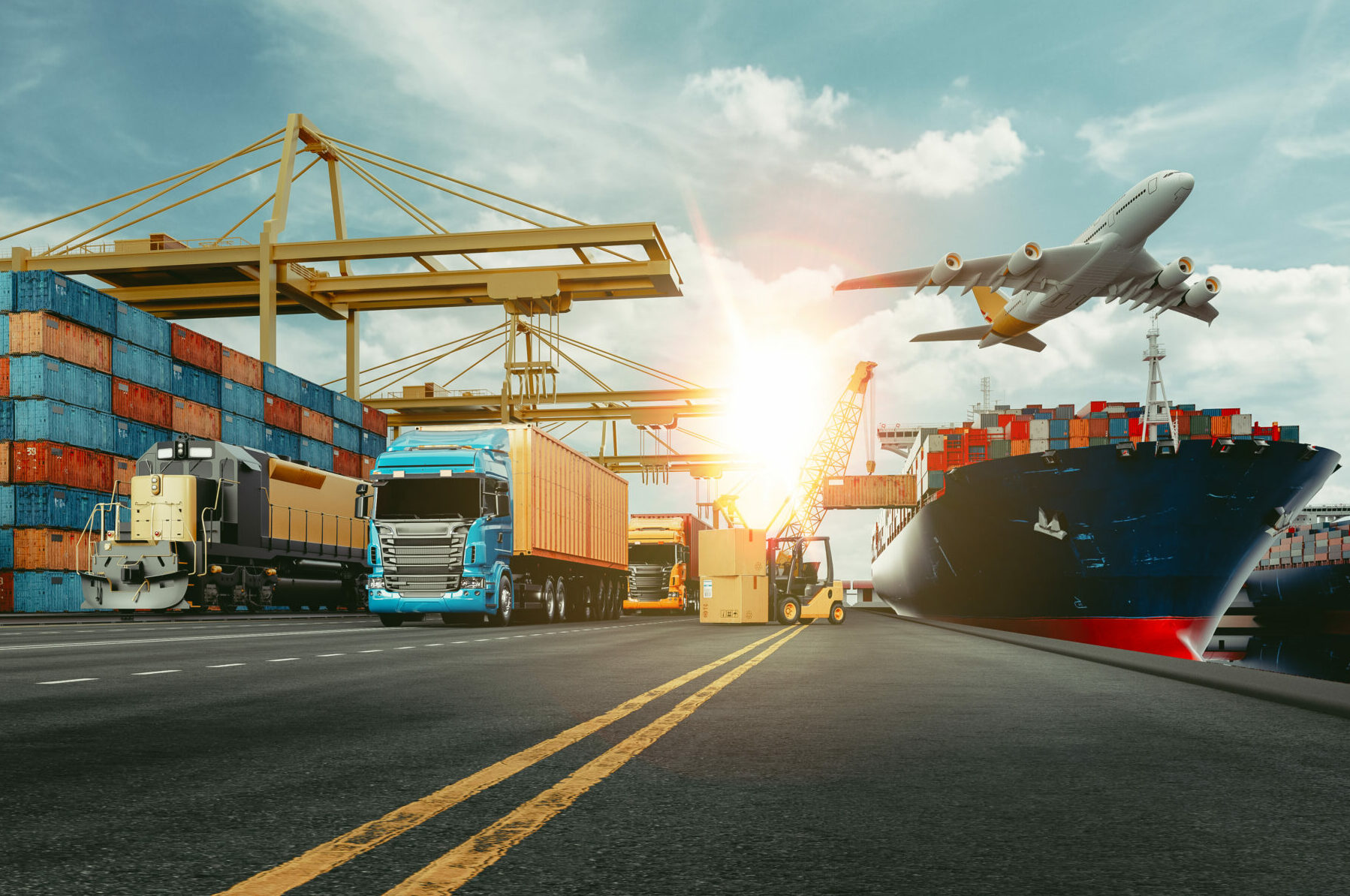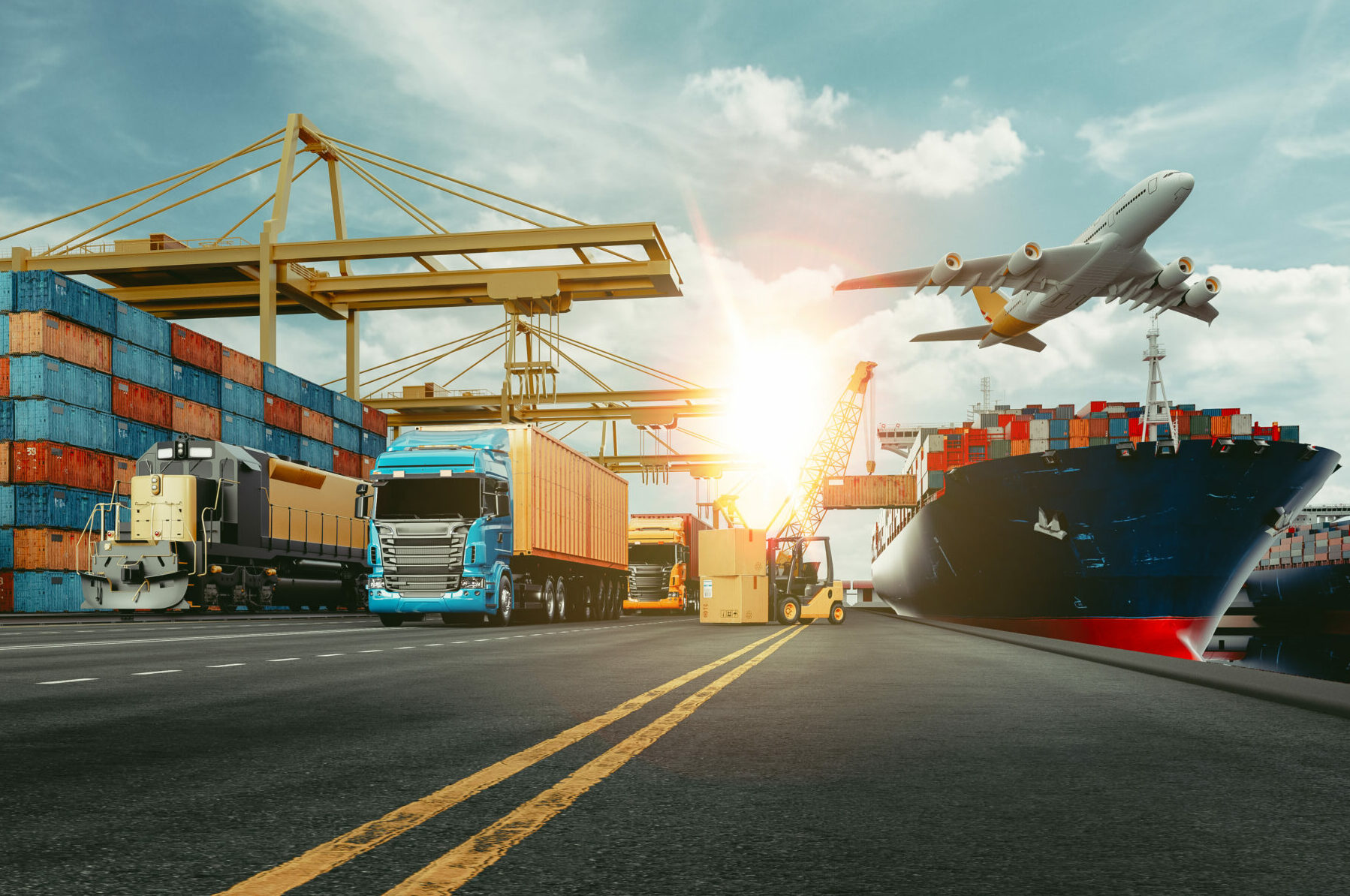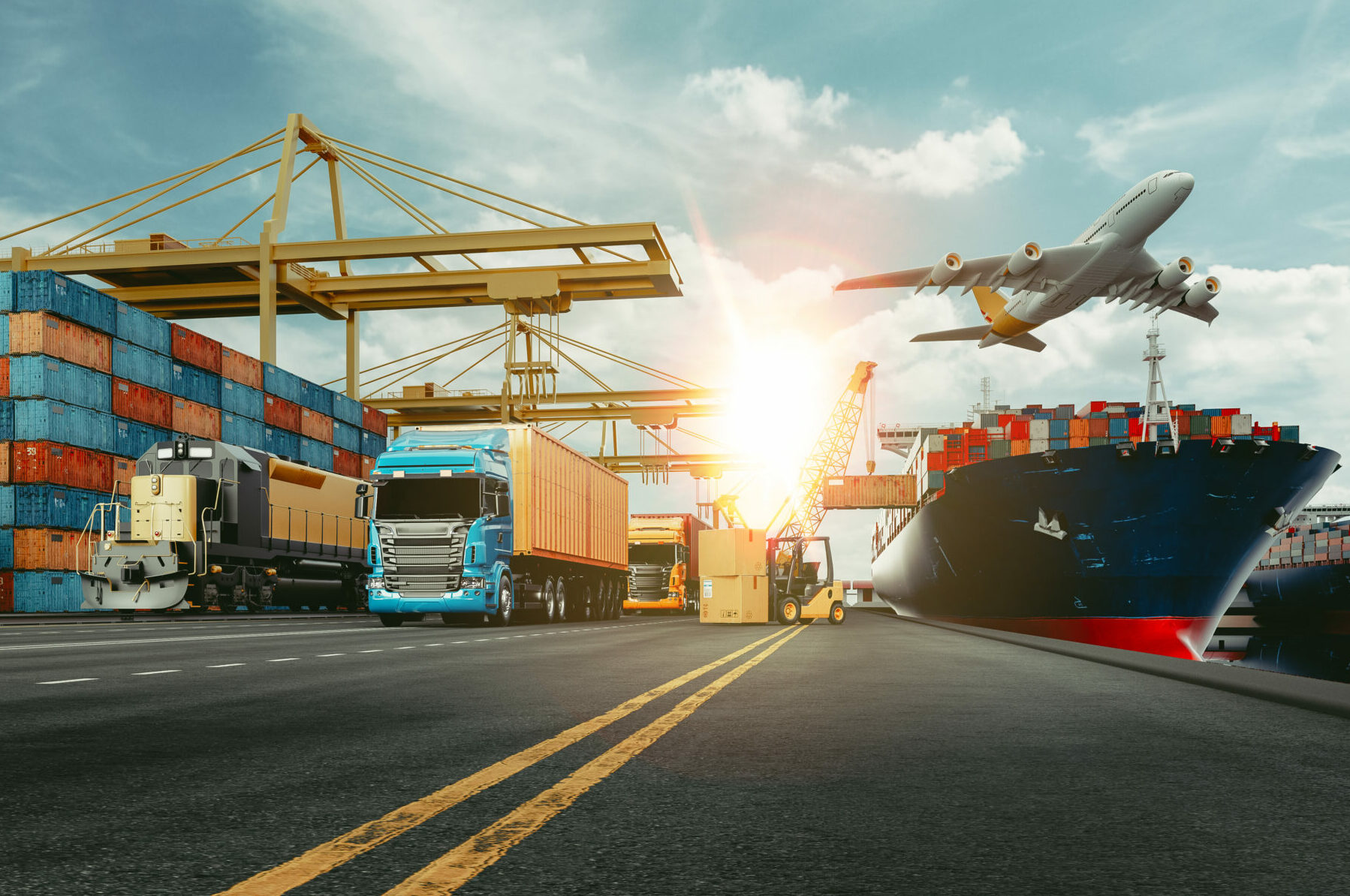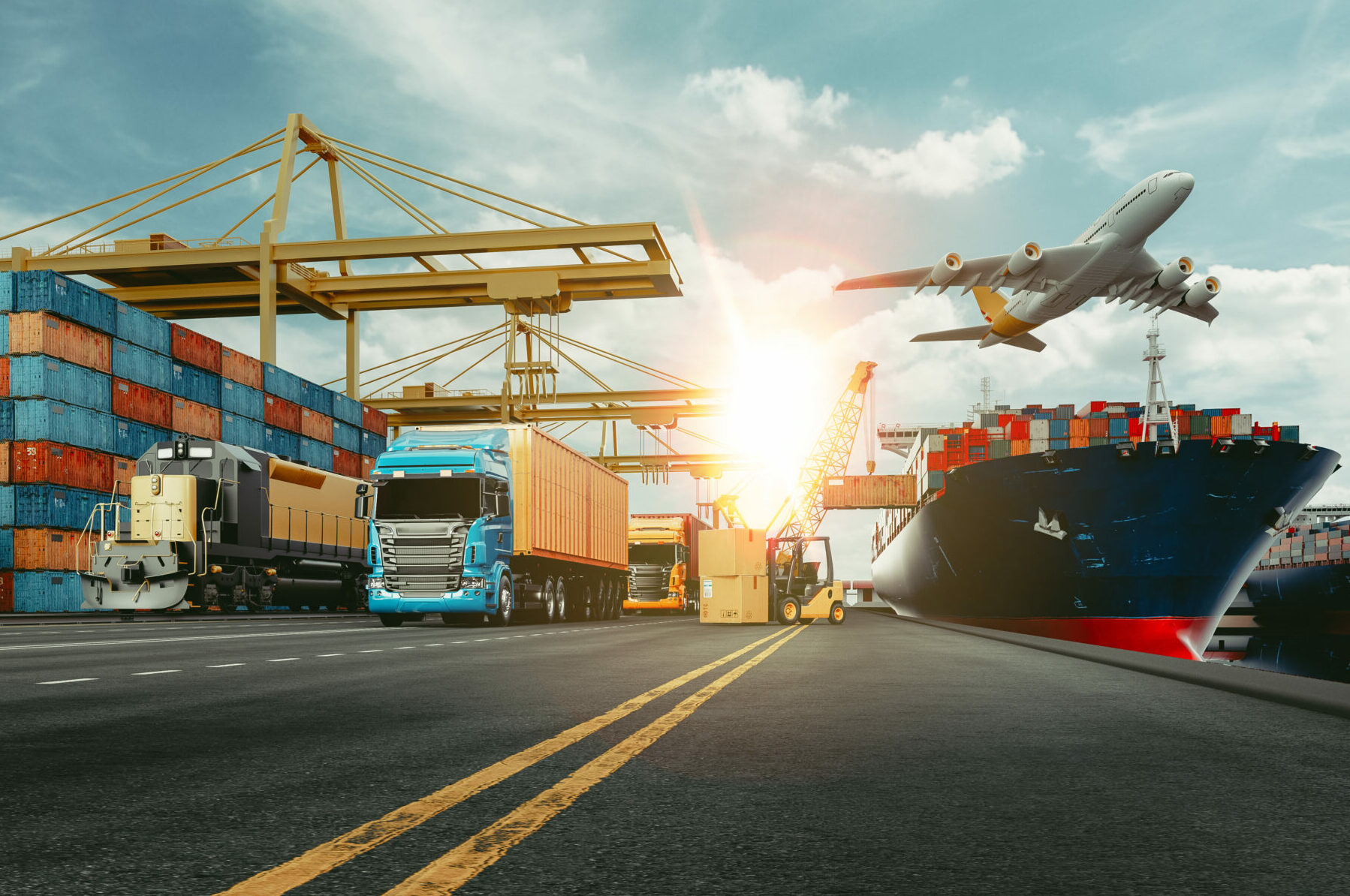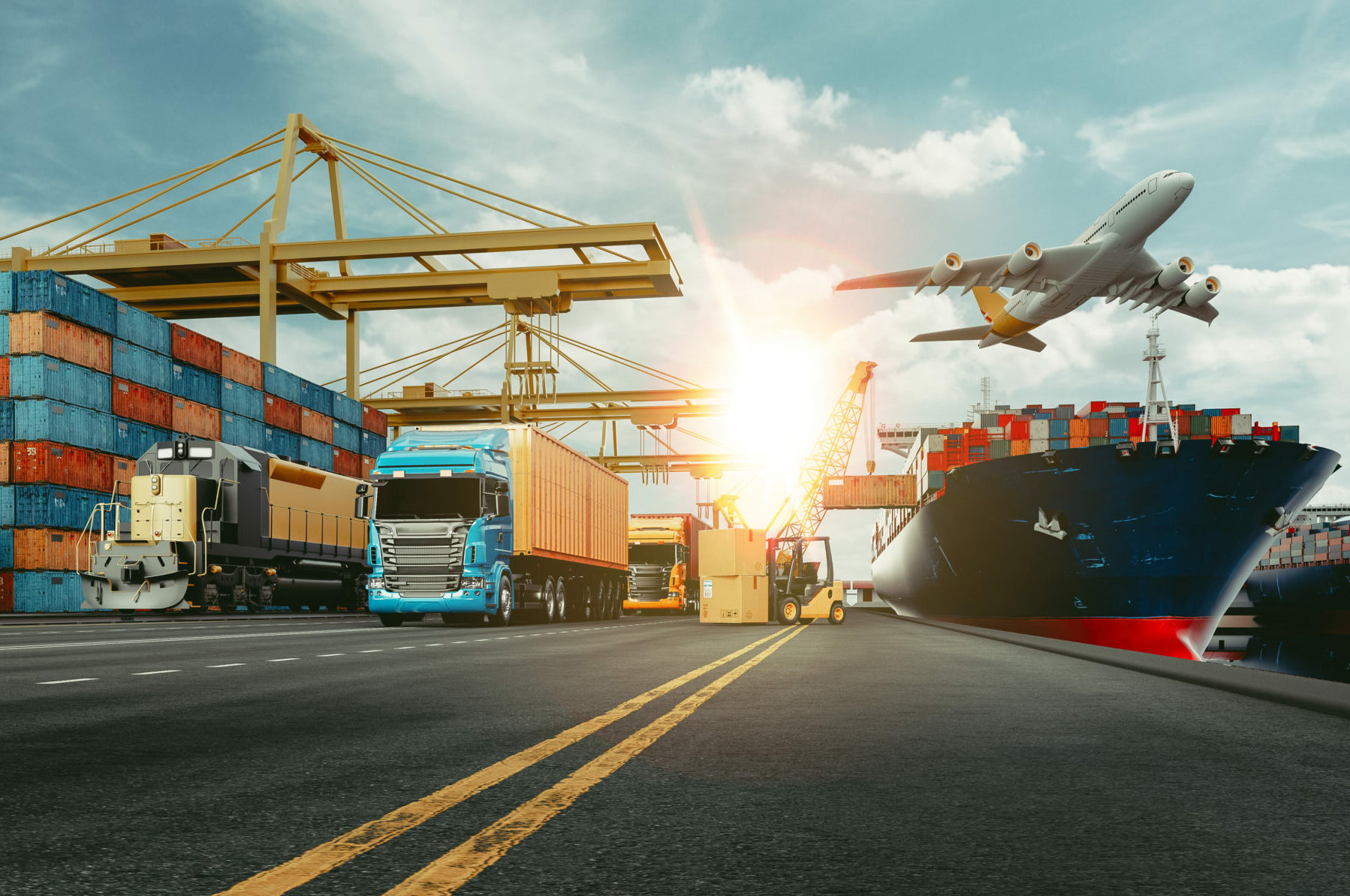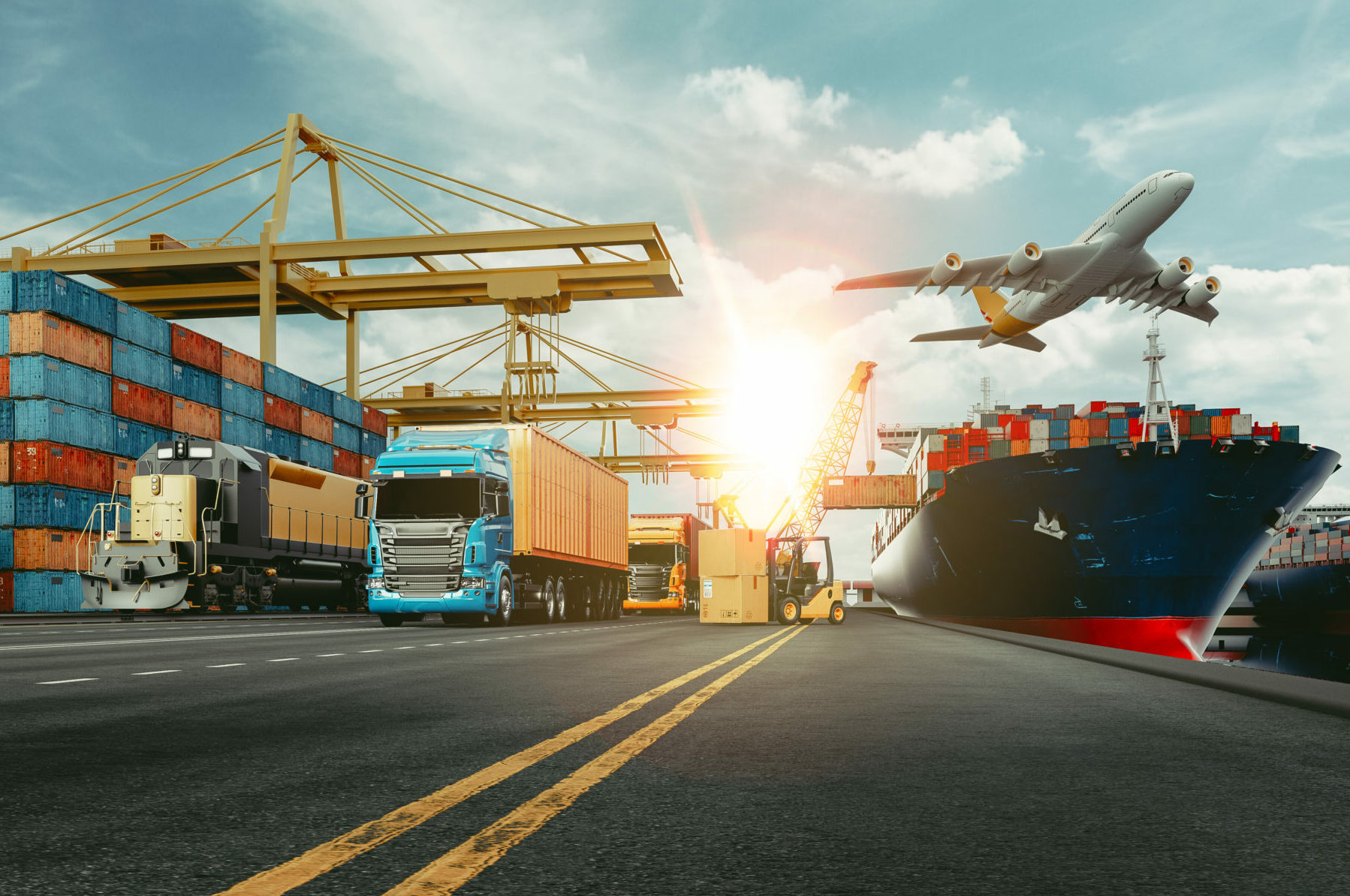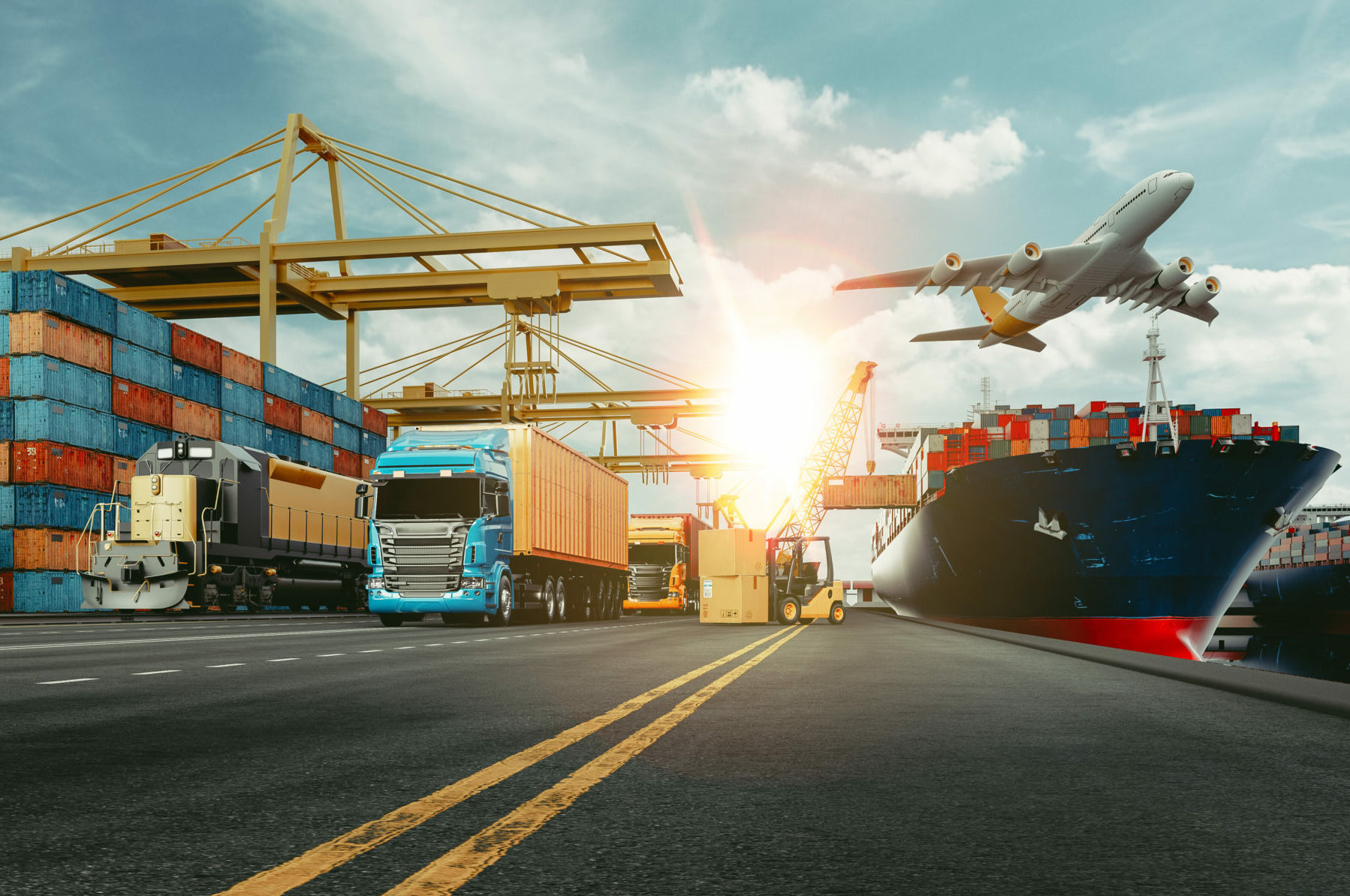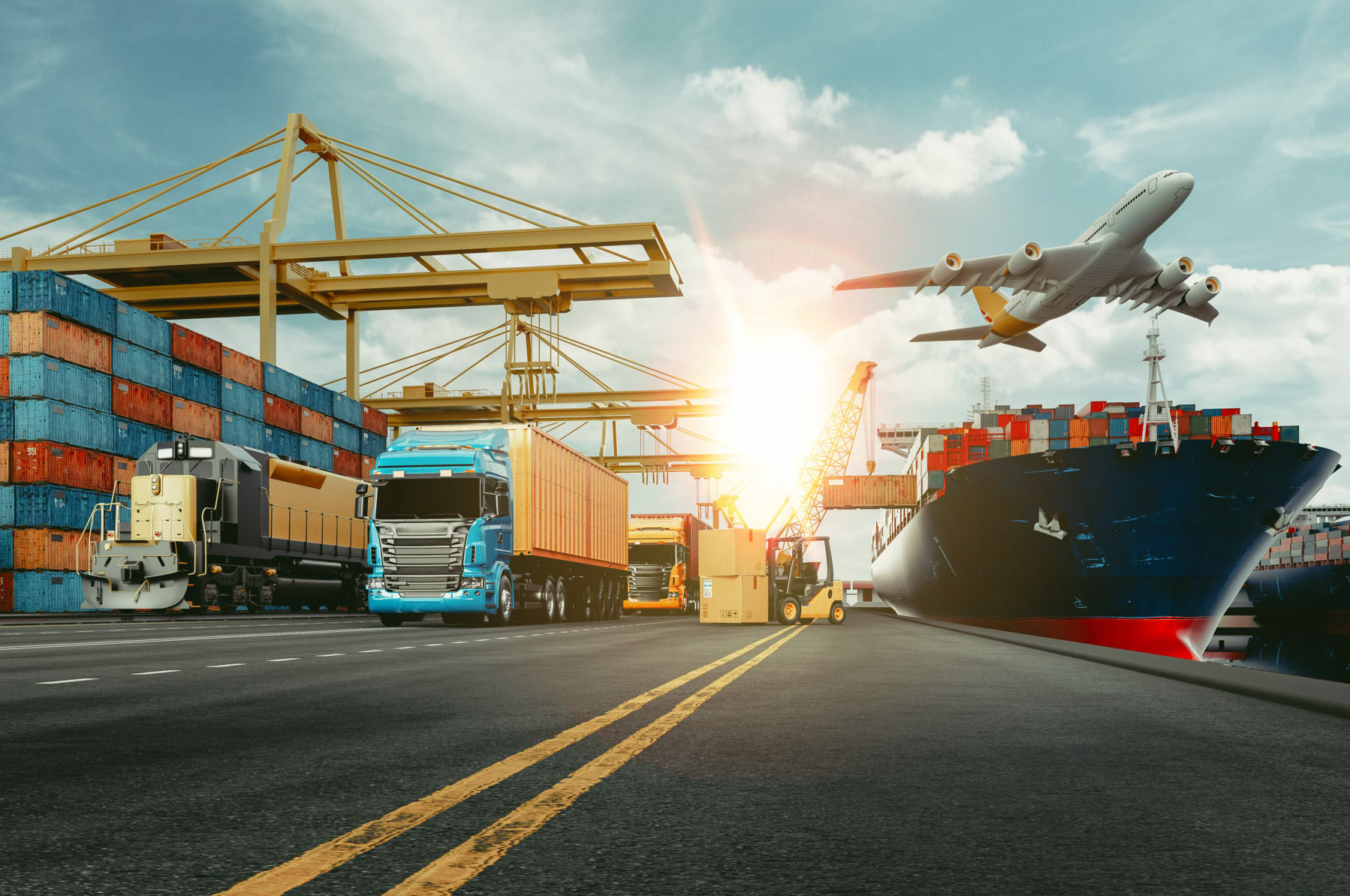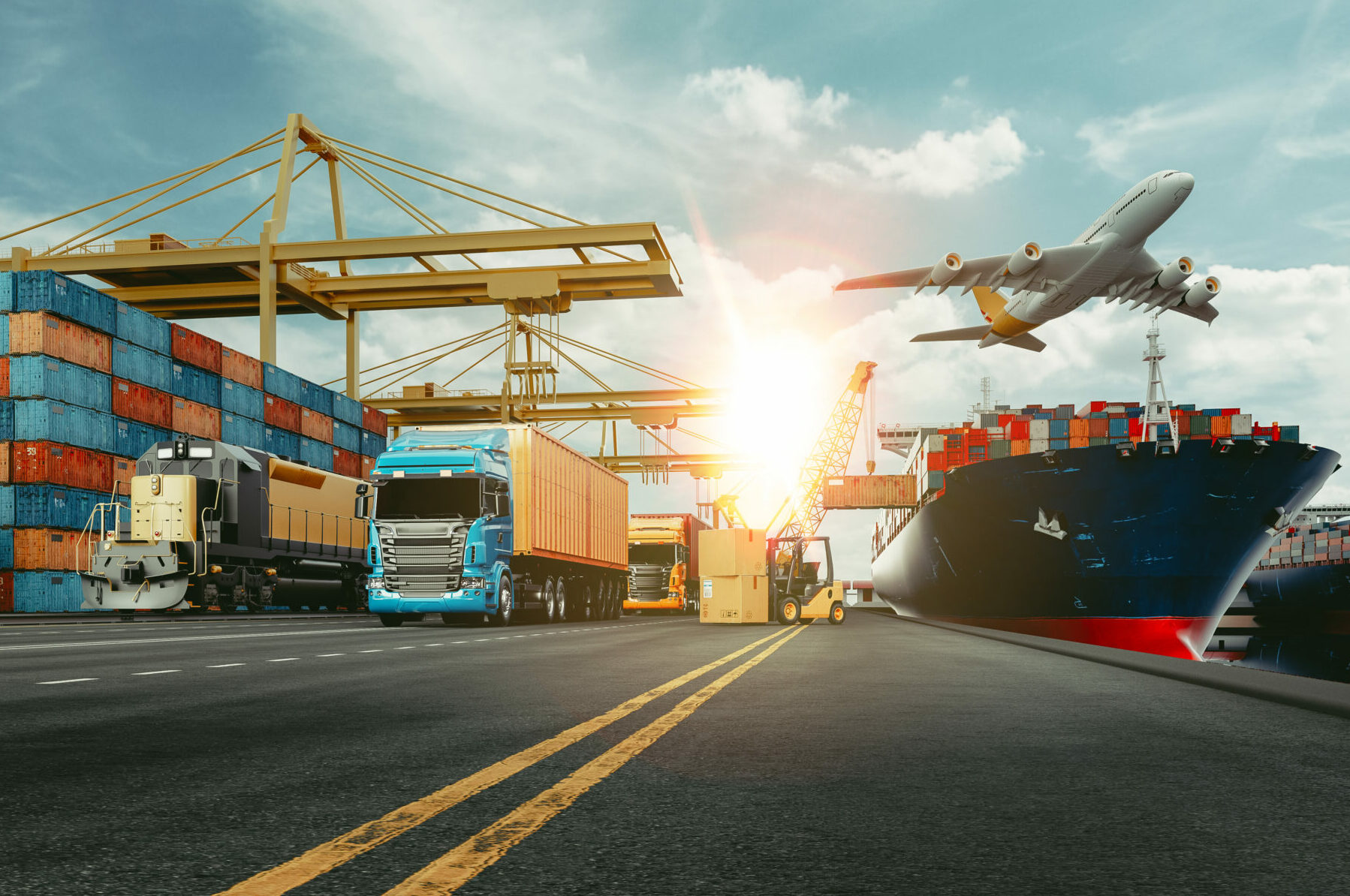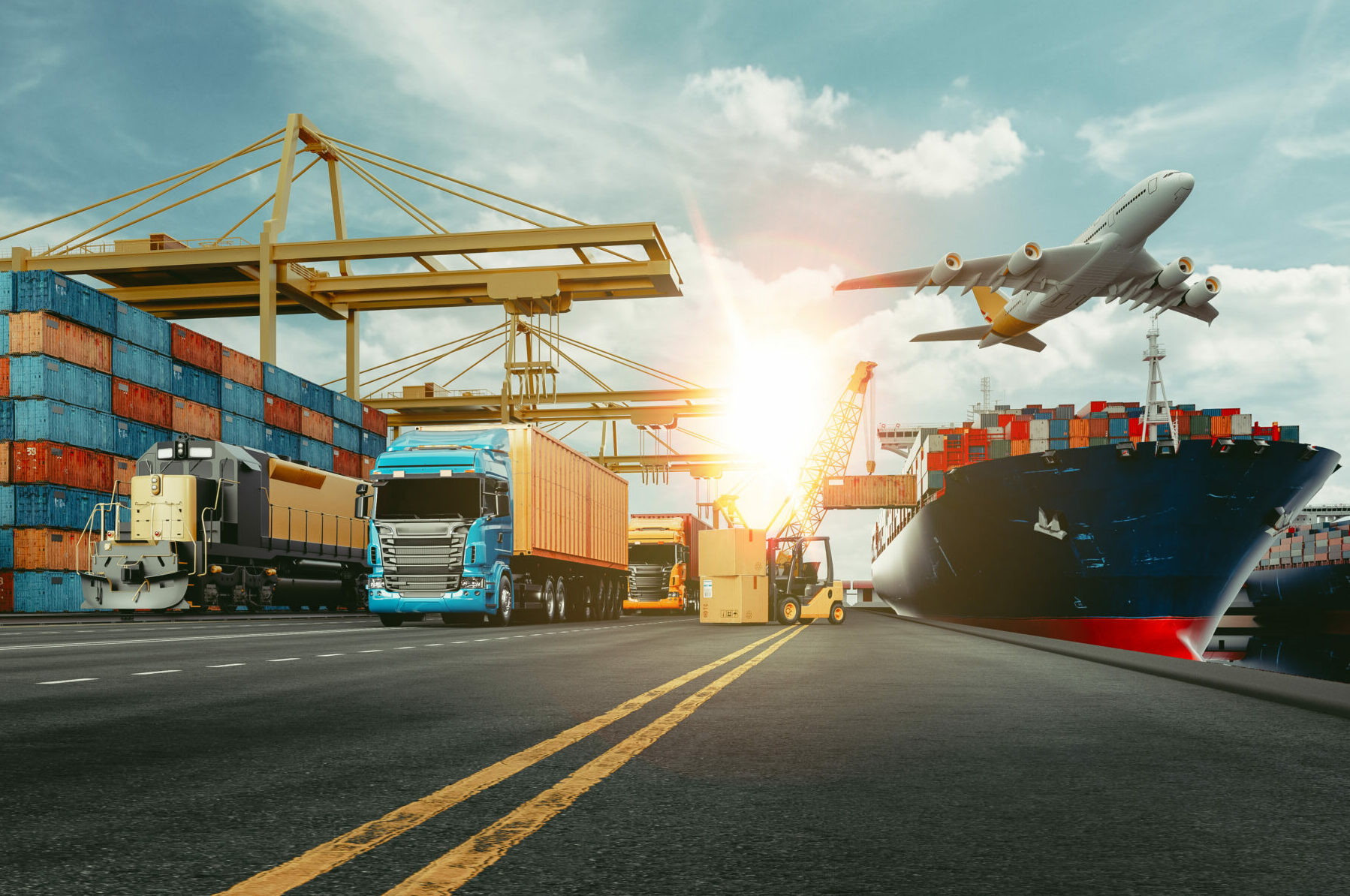The cargo forwarding industry handles billions of pounds worth of goods annually, with high-value cargo presenting unique risks and challenge…
Freight Forwarder Cargo Liability Insurance: Essential Protection for Logistics Operations
Introduction
Freight forwarding is a complex industry where goods constantly move between multiple parties, transportation modes, and jurisdictions. As a freight forwarder, you're responsible for coordinating the movement of cargo from origin to destination, but what happens when something goes wrong? Freight Forwarder Cargo Liability Insurance provides crucial protection against the financial risks associated with cargo damage, loss, or delay during the forwarding process.
This comprehensive guide explores everything you need to know about freight forwarder cargo liability insurance, from understanding your legal responsibilities to selecting the right coverage for your operations.
Understanding Freight Forwarder Liability
As a freight forwarder, your liability exposure differs significantly from that of carriers or warehouse operators. You act as an intermediary, arranging transportation and logistics services on behalf of your clients. However, this role comes with substantial legal and financial responsibilities.
Legal Framework and Liability Limits
Freight forwarders operate under various legal frameworks depending on the mode of transport and jurisdiction. International conventions such as the Hague-Visby Rules for sea freight, the Warsaw Convention for air cargo, and CMR Convention for road transport all impose different liability limits and conditions.
In the UK, freight forwarders typically operate under standard trading conditions such as those published by the British International Freight Association (BIFA). These conditions limit liability but don't eliminate it entirely. Understanding these limitations is crucial for determining your insurance needs.
Types of Cargo Liability Coverage
Primary Cargo Liability Insurance
This covers your direct liability for cargo damage, loss, or delay while goods are in your custody or control. Coverage typically includes physical loss or damage during handling, storage, and transit arrangements you've made.
Contingent Cargo Liability
This provides additional protection when the primary carrier's insurance is inadequate or when gaps exist in coverage. It's particularly important when dealing with international shipments where carrier liability may be limited.
Errors and Omissions Coverage
This protects against mistakes in documentation, incorrect routing, failure to arrange proper insurance, or other professional errors that result in financial loss to your clients.
Warehouse Legal Liability
If you operate warehouse facilities or use third-party storage, this coverage protects against damage to goods while in storage, including fire, theft, and natural disasters.
Key Risks in Freight Forwarding
Physical Damage and Loss
Cargo can be damaged or lost during various stages of the forwarding process. This includes damage during loading/unloading, theft, accidents during transport, and damage from weather conditions or improper handling.
Documentation Errors
Incorrect or incomplete documentation can result in delays, customs issues, or rejection of cargo. These errors can lead to significant financial losses for clients and liability claims against the forwarder.
Delay and Consequential Losses
Late delivery can result in substantial consequential losses for clients, including lost sales, production delays, or contractual penalties. While standard liability may be limited, the financial impact can be severe.
Third-Party Failures
When carriers, warehouse operators, or other service providers fail to perform adequately, clients may look to the freight forwarder for compensation, even if the failure wasn't directly your fault.
Coverage Features and Benefits
Comprehensive Protection
Modern freight forwarder cargo liability policies provide broad coverage for various scenarios, including mysterious disappearance, contamination, and damage from external causes.
Worldwide Coverage
Most policies provide global coverage, essential for international freight forwarding operations. This includes coverage for goods in transit anywhere in the world and storage at various locations.
Defense Costs Coverage
Legal defense costs can be substantial when facing cargo claims. Quality policies include coverage for legal expenses, expert witnesses, and investigation costs.
Automatic Coverage Extensions
Many policies automatically extend coverage to include new locations, temporary storage facilities, and changes in business operations without requiring prior notification.
Industry-Specific Considerations
High-Value Cargo
Freight forwarders handling high-value goods such as electronics, pharmaceuticals, or luxury items need enhanced coverage limits and specific protections against theft and damage.
Temperature-Controlled Cargo
Perishable goods and pharmaceuticals require specialized handling and temperature control. Coverage should include protection against temperature excursions and spoilage.
Hazardous Materials
Dangerous goods forwarding involves additional risks and regulatory requirements. Ensure your policy covers the specific risks associated with hazardous materials handling.
Project Cargo
Oversized or heavy project cargo presents unique challenges and risks. Coverage should address the specialized handling requirements and higher values involved.
Choosing the Right Coverage
Assessing Your Risk Exposure
Evaluate your typical cargo values, types of goods handled, geographic coverage areas, and client base to determine appropriate coverage limits and features.
Coverage Limits and Deductibles
Select limits that adequately protect your business while balancing premium costs. Consider both per-occurrence and aggregate limits, and choose deductibles that align with your risk tolerance.
Policy Extensions and Endorsements
Consider additional coverages such as cyber liability for electronic data, pollution liability for environmental risks, and extended storage coverage for longer-term warehousing.
Claims Management and Prevention
Risk Management Practices
Implement robust procedures for cargo handling, documentation, and quality control. Regular training for staff and clear standard operating procedures can significantly reduce claim frequency.
Documentation Requirements
Maintain detailed records of all shipments, including condition reports, photographs, and communication with all parties involved in the supply chain.
Incident Response Procedures
Establish clear procedures for reporting incidents, preserving evidence, and communicating with insurers and clients when problems occur.
Working with Experienced Insurers
Industry Expertise
Choose insurers with specific experience in freight forwarding and cargo liability. They understand the unique risks and can provide valuable risk management support.
Claims Handling Reputation
Research insurers' claims handling reputation and response times. Quick, fair claims resolution is crucial for maintaining client relationships and business continuity.
Global Network
For international operations, select insurers with global networks and local expertise in key markets where you operate.
Cost Factors and Premium Considerations
Risk Factors Affecting Premiums
Premiums are influenced by factors including annual cargo values, types of goods handled, geographic scope, claims history, and risk management practices.
Ways to Reduce Costs
Implement strong risk management programs, maintain good claims records, consider higher deductibles, and work with experienced brokers to find competitive coverage.
Return on Investment
While insurance represents a significant cost, the protection it provides against potentially catastrophic losses makes it an essential business investment.
Regulatory Compliance
International Requirements
Many countries require freight forwarders to maintain minimum levels of cargo liability insurance. Ensure your coverage meets all regulatory requirements in jurisdictions where you operate.
Client Contract Requirements
Many clients require specific insurance coverage levels and may request certificates of insurance. Ensure your policy can meet these contractual obligations.
Industry Standards
Professional associations often recommend minimum coverage levels. Staying above these standards demonstrates professionalism and financial responsibility.
Future Trends and Considerations
Technology Integration
Digital tracking, IoT sensors, and blockchain technology are changing cargo monitoring and documentation. Ensure your coverage adapts to these technological advances.
Environmental Concerns
Growing focus on environmental responsibility may increase liability for pollution and environmental damage. Consider coverage for these emerging risks.
Cyber Risks
Increasing digitization of freight forwarding operations creates new cyber risks. Consider cyber liability coverage as part of your overall risk management strategy.
Conclusion
Freight Forwarder Cargo Liability Insurance is not just a regulatory requirement or client demand – it's essential protection for your business survival. The complex nature of international logistics, combined with the high values and multiple parties involved, creates significant liability exposure that can devastate an uninsured business.
The key to effective coverage lies in understanding your specific risks, selecting appropriate limits and features, and working with experienced insurers who understand the freight forwarding industry. Regular review of your coverage ensures it evolves with your business and the changing risk landscape.
Don't wait until a major claim occurs to discover gaps in your coverage. Contact Insure24 today at 0330 127 2333 to discuss your freight forwarder cargo liability insurance needs. Our experienced team understands the unique challenges facing freight forwarders and can help you secure comprehensive protection that gives you confidence to grow your business while protecting your clients' valuable cargo.
Remember, in the freight forwarding business, your reputation depends on successfully delivering your clients' goods safely and on time. Comprehensive cargo liability insurance ensures that when things go wrong – and they sometimes will – you have the financial protection needed to make things right and maintain those crucial client relationships.


 0330 127 2333
0330 127 2333

